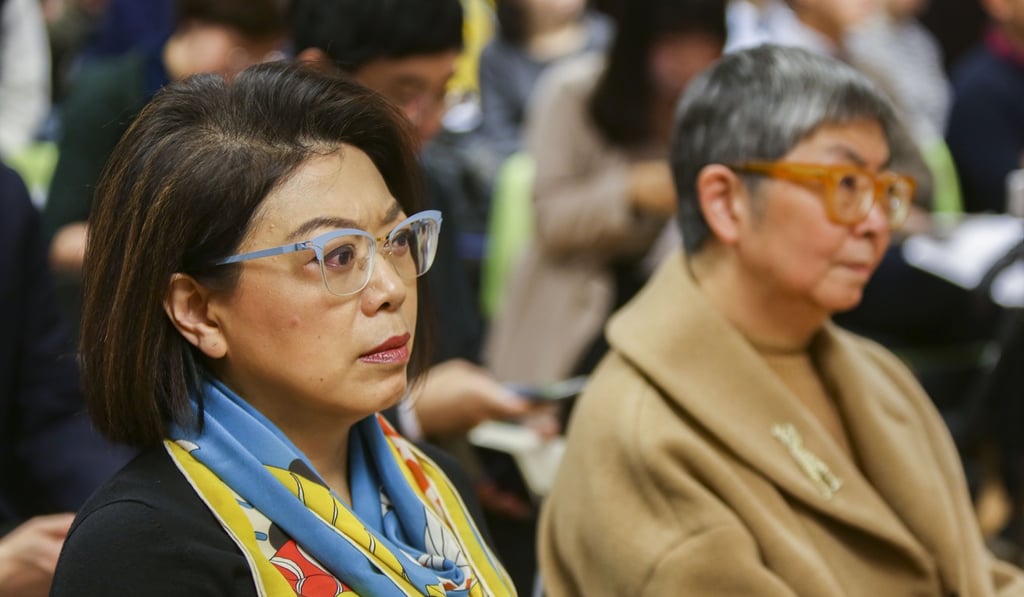Advertisement
Opinion | How Hong Kong barristers can strike a blow for gender equality by supporting a parental subsidy
- The Hong Kong Bar Association’s proposal to offer a subsidy to both male and female barristers on the birth of a child is a move towards recognising that parental leave benefits should accrue to self-employed people, too
Reading Time:3 minutes
Why you can trust SCMP

The legal profession has undoubtedly come a long way since the witty and intelligent Portia, disguised as a male law student, Balthazar, gave Shylock his comeuppance for seeking a pound of flesh from the hapless Antonio in Shakespeare’s Merchant of Venice.
In Hong Kong, women may (mostly) practise law freely as barristers and solicitors, and sit as judges, without having to pretend to be men.
“Mostly” because the clichéd “glass ceiling” does exist for women and there is a lack of sufficient diversity both on the bench and in the bar in Hong Kong. Female judges were only appointed to Hong Kong’s Court of Final Appeal last year, two decades after the court was established. The two justices, from the UK and Canada, are non-permanent judges. The city’s highest court has yet to appoint female permanent judges.
Advertisement
Women make up only 30 per cent of the barristers in the city, and number even fewer among senior counsel. The way the profession is organised also means female barristers practise law in less favourable conditions than their male counterparts.

Advertisement
All barristers are self-employed and so do not have an employer to provide a pension or medical benefits. For female barristers, this means that, unlike their counterparts in solicitors’ firms, they do not benefit from the statutory protection of paid maternity leave.
Advertisement
Select Voice
Choose your listening speed
Get through articles 2x faster
1.25x
250 WPM
Slow
Average
Fast
1.25x
